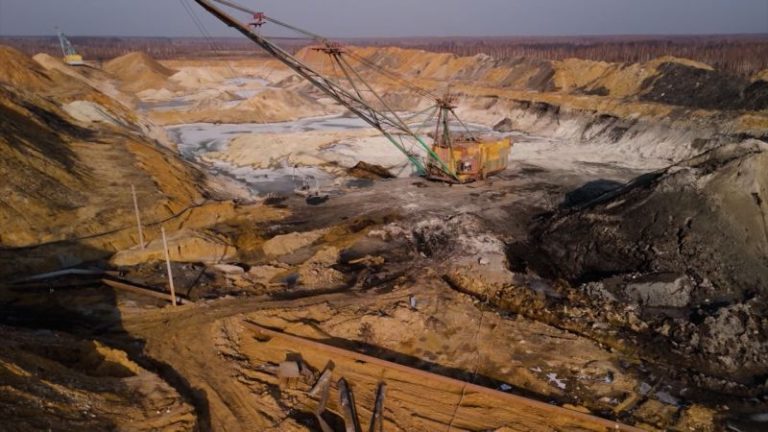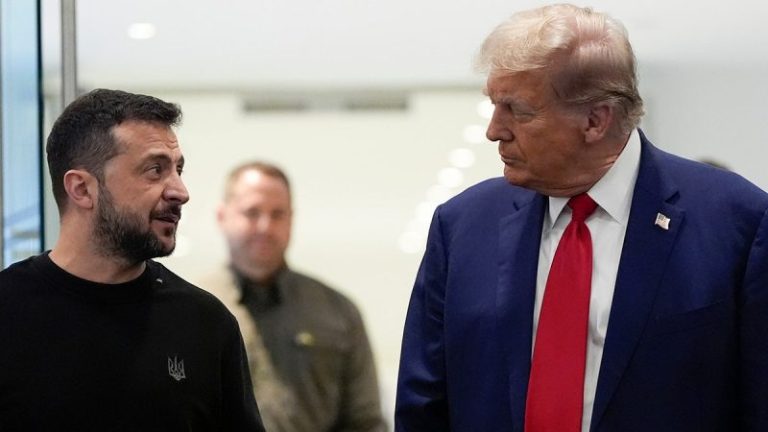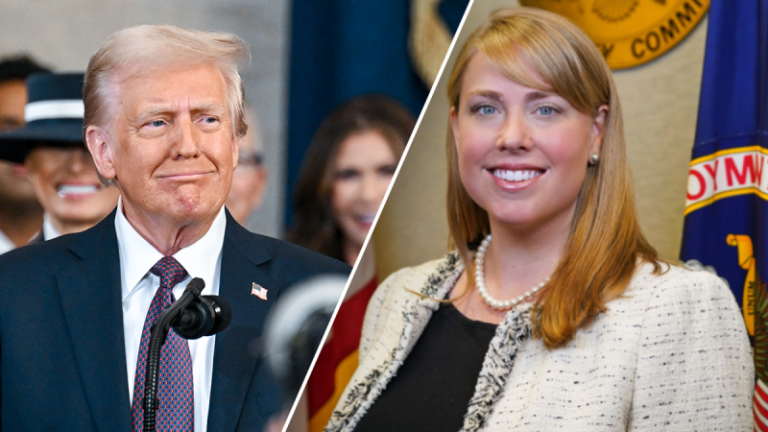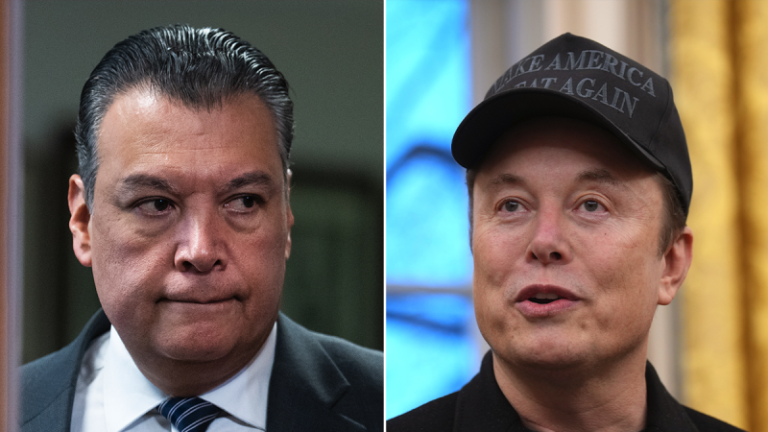The extractor’s part-rusting mechanical arm winds out over the frozen ground, over a sprawling lunar landscape of unnatural colors. The mining of titanium has a greater urgency than ever, here in Irshansk.
The electricity that powers the vast machines is only sometimes on for three hours a day. But resources like titanium are potentially key to the moonshot rare earth minerals deal that is suddenly the focus of talking peace in Ukraine. The deal’s signatories, the United States and Ukraine, appear to have opposing interpretations of its terms, which leave many thorny details for a later discussion.
Some current and former US officials have cast doubt on President Donald Trump’s claim that the potential deal he is on the verge of signing with Ukrainian counterpart Volodymyr Zelensky would offer the US easy access to a plethora of rare earth minerals.
Much of what does exist will be difficult to exploit, particularly at a time of war.
And from this beleaguered mine in the northwestern town of Irshansk, it is hard to see how Ukraine could, in this lifetime, get to the half a trillion dollars Trump has suggested they might repay.
“Now we don’t know what and how our work will go on even tomorrow”, said Dmytro Holik, director of mining and concentrating plant at Ukrainian conglomerate Group DF.
“Every day we see how Ukraine’s energy system is being destroyed. Every day, entire regions are cut off in an emergency,” he added, a reference to the waves of drones and missiles Russia pounds Ukrainian homes and energy infrastructure with each night.
The plant’s staff are mostly men, kept away from conscription as titanium is considered a critical industry. Profits are low, prospects dim. “Our enterprise is now very unstable, and this leads to a very high cost of our products,” Holik said.
The proposed minerals bonanza now at the heart of continued US aid to Ukraine in the largest war in Europe since the 1940s, seems to speak to a fantastical future world of prosperity.
Trump on Thursday held out the possibility of American personnel in Ukraine working to extract minerals once a mineral resources deal – and peace – was in effect.
“When you talk about economic development, we’re going to have a lot of people over there,” he said. “So we’ll be working in the country. So I just don’t think you’re going to have a problem.”
Opaque deal
It refers to half the value of “relevant Ukrainian Government-owned natural resource assets,” but says the specific details will be “agreed by both Participants, as may be further described in the Fund Agreement.” The deal goes on to say these won’t include “current sources of revenues… already part of the budget revenues of Ukraine.”
The extent of Ukraine’s mineral wealth is unclear.
Ukrainian officials accept they sometimes rely on Soviet-era geological dating. Yet in a recent presentation by the Ministry of Ecology and Natural Resources, Kyiv claimed 7% of the world’s titanium production, and to have 3% of the lithium reserves – which have not been mined yet. It also said Ukraine was in the top five nations of graphite reserves, and had deposits of the rare earth minerals tantalum, niobium and beryllium.
The numbers resemble those in the Ukraine chapter of the US Geological Survey’s 2020-2021 Minerals Yearbook, written before Russia’s full-scale invasion disrupted production. The USGS said at the time that Ukraine was the fifth-ranked producer of titanium sponge, and the sixth largest producer of graphite.
A USGS mineral commodity summary for 2025 had no figure for graphite reserves, and said, among other observations, that Ukraine was a source of the rare earth metal scandium and had shuttered a 1.7 million-ton a year alumina refinery since 2022.
Natalia Bariatska, a doctor of geology and member of the Australian Institute of Geoscientists, said critical raw materials were all at different stages of research and exploration.
“It is very difficult to talk about the actual value of these deposits,” Bariatska said. “We can speak about the value of the elements in the subsoil, but we have to understand it takes a lot of investment to extract, process and sell them.”
While the framework deal leaves it unclear what assets will be impacted by any future fund, US National Security Adviser Mike Waltz made an explicit reference during a White House briefing on February 20 to one Ukrainian “aluminum foundry.”
“It’s been damaged, it is not at its current capacity, if restored it would account for America’s entire imports of aluminum for an entire year,” Waltz said.
Waltz did not name the foundry, and the White House did not respond to a request for clarification at the time of publication. But the most likely facility he was referring to is the Zaporizhzhia industrial aluminum integrated plant.
Mothballed a decade ago, a video of the plant released by Ukrainian investigators in 2015 shows it in significant disrepair. It is since running on a much-reduced staff, and has been hit by a missile, according to a filing with the State Property Fund of Ukraine.










